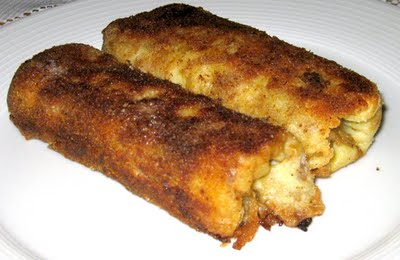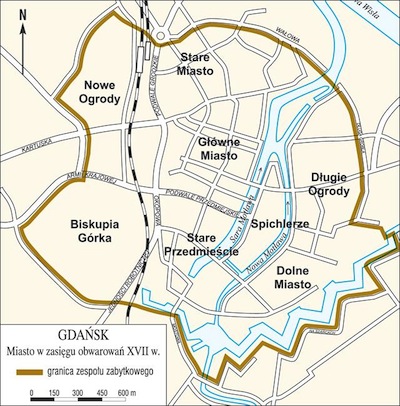boletus
23 Jul 2012
History / Questions about Polish borders, Galicia and Cossacks. [50]
Here are two grand totals extracted from 1907 Austro-Hungarian Statistics, all of Galicia:
1907 Austro-Hungarian Statistics, all of Galicia, population by religion
Population: 7,064,439
Roman Catholic: 3,198,974 (45%)
Greek Catholic: 3,078,918 (44%)
Jewish: 740,955 (10%)
Other: 45,592 (1%)
1907 Austro-Hungarian Statistics, all of Galicia, population by language
Population: 7,044,153
German: 190,895 (2.71%)
Polish: 3,763,341 (53%)
Ukrainian: 3,080,708 (44%)
Other: 9,209 (0.13%)
[There is an error for grand totals in the original table. There are also some minor errors, like printing the number 1% whenever it should be 100%.]
Which is obviously NOT true. As you see, in 1907 there was 45%-44% split between Roman Catholics and Greek Catholics, and 53%-44% split between Polish and Ukrainian/Ruthenian language speakers.
Speakers (year 1907):
Lwów All: 125,696 German: 7,472 (6%) Polish: 60,773 (48%) Ukrainian: 57,414 (46%) Other: 37 (0%)
Kraków All: 85,578 German: 1,994 (2%) Polish: 82,888 (97%) Ukrainian: 87 (0%) Other: 609 (1%)
I doubt that Galicia as a whole had an overall Ruthenian majority before and after 1914.
Here are two grand totals extracted from 1907 Austro-Hungarian Statistics, all of Galicia:
1907 Austro-Hungarian Statistics, all of Galicia, population by religion
Population: 7,064,439
Roman Catholic: 3,198,974 (45%)
Greek Catholic: 3,078,918 (44%)
Jewish: 740,955 (10%)
Other: 45,592 (1%)
1907 Austro-Hungarian Statistics, all of Galicia, population by language
Population: 7,044,153
German: 190,895 (2.71%)
Polish: 3,763,341 (53%)
Ukrainian: 3,080,708 (44%)
Other: 9,209 (0.13%)
[There is an error for grand totals in the original table. There are also some minor errors, like printing the number 1% whenever it should be 100%.]
Galicia has always had a Ruthenian (Ukrainian) Majority.
Which is obviously NOT true. As you see, in 1907 there was 45%-44% split between Roman Catholics and Greek Catholics, and 53%-44% split between Polish and Ukrainian/Ruthenian language speakers.
Lvov and other major cities in Eastern Galicia had a Polish majority, and a very significant Jewish minority exceeding the one of Ruthenians
Speakers (year 1907):
Lwów All: 125,696 German: 7,472 (6%) Polish: 60,773 (48%) Ukrainian: 57,414 (46%) Other: 37 (0%)
Kraków All: 85,578 German: 1,994 (2%) Polish: 82,888 (97%) Ukrainian: 87 (0%) Other: 609 (1%)
 PolishForums LIVE / Archives [3]
PolishForums LIVE / Archives [3]



